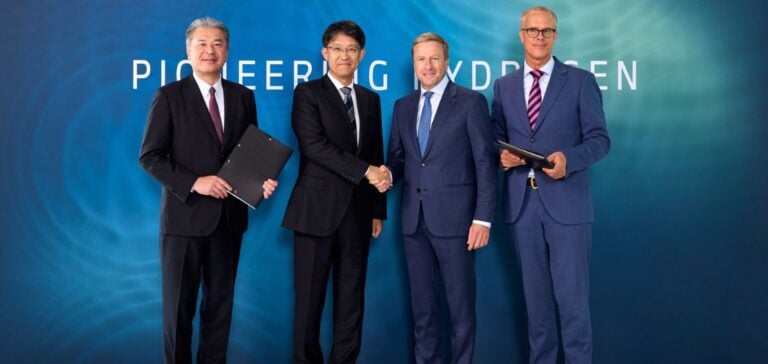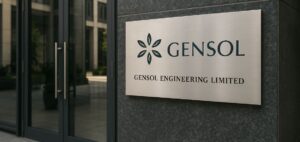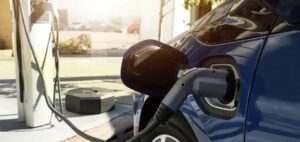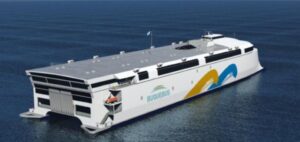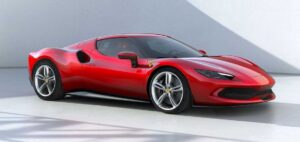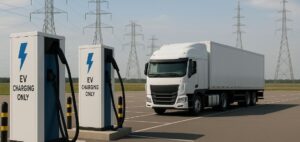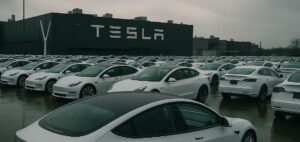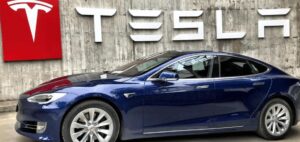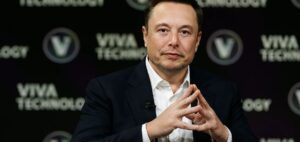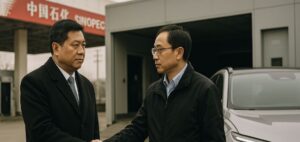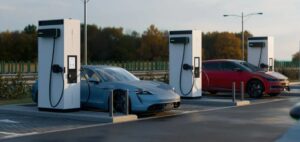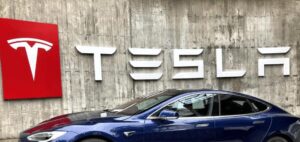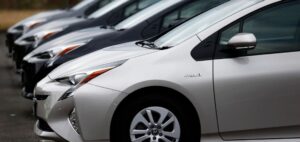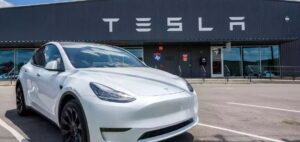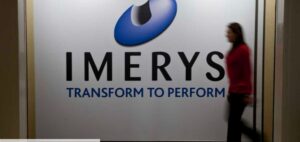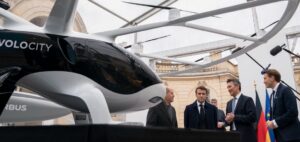BMW has announced that it will mass-produce its first hydrogen fuel cell electric car in 2028.
This project is based on a technological partnership with Toyota, a fuel cell specialist since the launch of the Mirai in 2014.
BMW’s aim is to diversify its range of alternative-propulsion vehicles in the face of competition that focuses mainly on electric batteries.
The choice of hydrogen remains a bold one.
Infrastructure and cost challenges are weighing on the adoption of this technology.
At the end of 2023, only 921 hydrogen refueling stations are operational worldwide, with a high concentration in China and Germany, according to LBST.
BMW and Toyota intend to develop joint solutions to overcome these obstacles, while preserving the identity of their respective brands.
Technology diversification strategy
BMW is looking beyond batteries to prepare for the 2035 deadline, when the European Union will ban the sale of new combustion-powered vehicles.
Technological diversification is crucial to adapt to market uncertainties and fluctuations in demand.
Hydrogen could offer a complementary solution, particularly for heavy vehicles and long-distance journeys, segments where batteries have limitations.
Toyota shares this vision, relying on a technology it has been developing for almost a decade.
The Mirai, although a pioneer, has never achieved significant sales volumes.
However, the experience acquired enables Toyota to reduce development costs and benefit from synergies with BMW.
Above all, this alliance is a rationalization of investments in a technology with great potential, but which is still expensive and complex in the short term.
Infrastructure development, a major challenge
The success of the hydrogen car will depend on the ability to develop an efficient recharging infrastructure.
BMW and Toyota have no plans to produce joint models, but intend to collaborate on infrastructure.
This approach aims to meet refuelling needs while pooling deployment costs.
The lack of charging stations is a major obstacle to the deployment of hydrogen-powered vehicles.
The two companies hope that their joint efforts in this area will encourage governments and investors to give greater support to this segment, especially in European and Asian markets where demand for infrastructure is strongest.
A strategic bet in a changing market
While most automakers are concentrating on battery electrics, BMW and Toyota are choosing a different path.
They are counting on evolving needs and regulations to create demand for hydrogen-powered vehicles.
This strategic choice could pay off if public policies and tax incentives favor hydrogen as an alternative to battery electrics.
For the time being, hydrogen remains a risky but potentially strategic bet.
Industry players are keeping a close eye on the development of these technologies and the responses of governments around the world.
BMW and Toyota are showing their determination to position themselves ahead of this possible transition, with a business model based on collaboration and risk-sharing.

